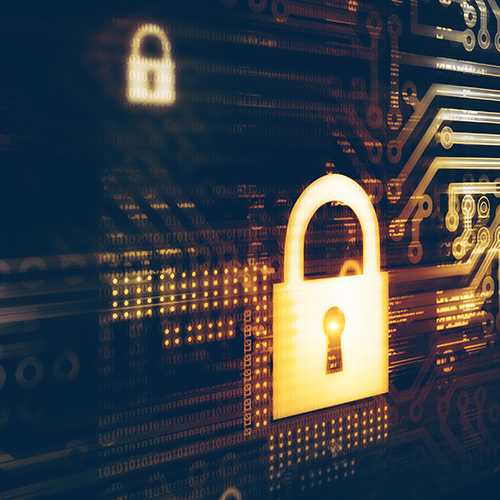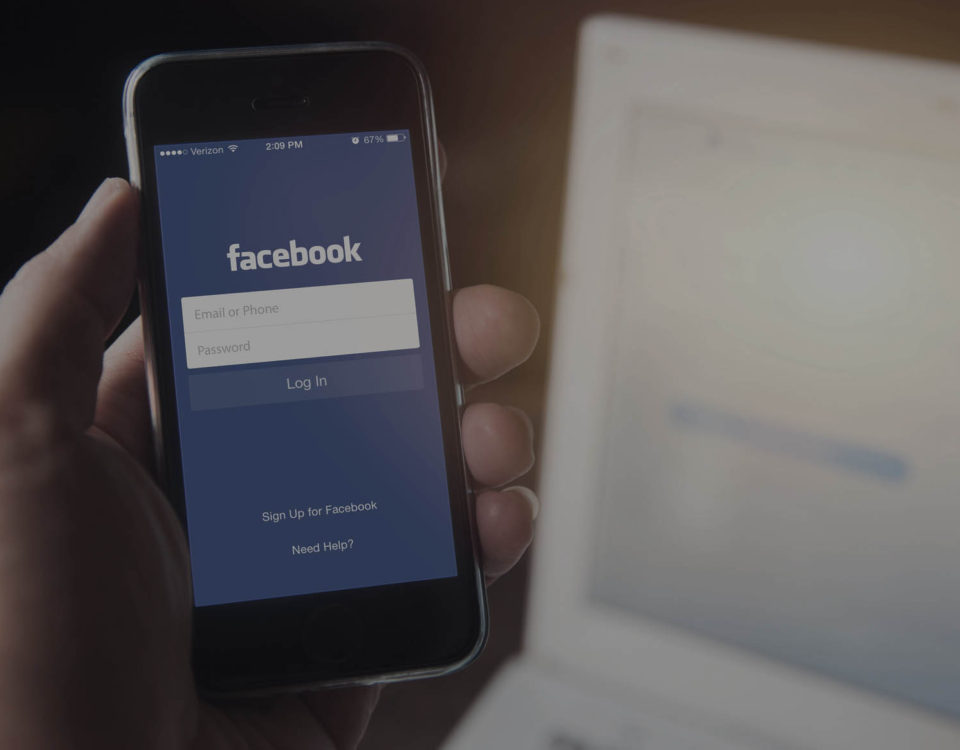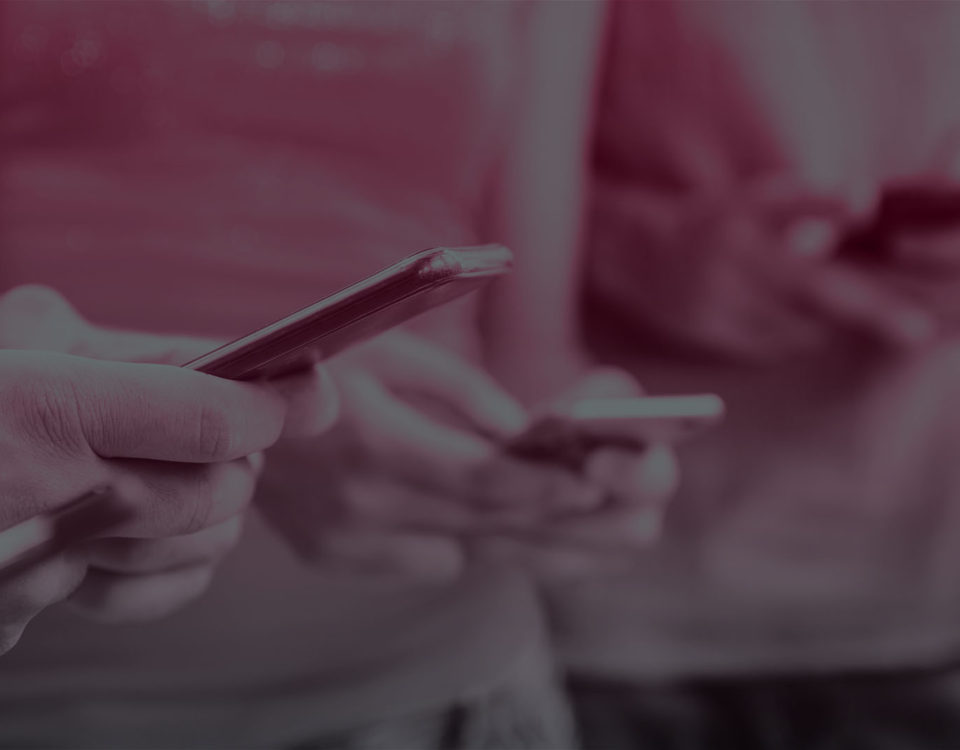How to protect your information in 2018?

How to choose a laptop for what you do
December 9, 2017
Learn about malicious popup ads
December 29, 2017 It’s a real shame that users have to take extraordinary steps to limit how their personal information is used.
It’s a real shame that users have to take extraordinary steps to limit how their personal information is used.
Whether we like it or not, our browsing tendencies are sold to third parties by most social media sites. Our every move and click is now being tracked and there’s no knowing who’s watching. Signing into accounts via public W-iFi can be risky business nowadays. But with every problem, there comes a solution. Here we give you the top internet privacy tips to keep your browsing as private as can be – and you don’t have to be techy to enforce them!
Internet privacy is a loaded term – it’s been floating around and will be increasingly important for the year 2018. From online banking to the increasing reliance on social media, to the ‘internet of things’ (IoT). There’s no denying that the internet is seeping its way into all corners of our lives. The IoT is estimated to consist of about 30 billion objects by 2020, from smart kitchens to home security systems, the internet is truly everywhere we turn. This makes it increasingly important to protect our online privacy.
It’s difficult to know the extent of our online activity that is being tracked. Not only are the government’s eyes everywhere, it’s difficult to know just how much web companies really know about our online activities. With all of these internet privacy issues, it is even more important to protect ourselves from possible invasions of privacy. Users should know that they can take action. Here are some crucial internet privacy tips to keep your online activity and personal details as safe as can be.
Fool-Proof Your Passwords
Reusing the same old password for all of your accounts means that a hacker simply needs to spy you logging into one, to access the lot. And for those of you using passwords such as ‘12345,’ your dog’s or relatives’ names, or even your birthday, we aren’t so sure you should even bother with one at all. These passwords are like giving candy to a baby. Be sure to choose passwords that are a combination of unusual letters and numbers using both lower and upper case letters. Changing them regularly provides an added layer of security.
If you’re feeling a migraine coming on just thinking about how on earth you are going to remember all of these passwords, especially if you are changing them on a monthly basis, you aren’t alone. You may be thinking that you could simply store them on your device or computer. Stop that thought. Plain and simple, you are asking for trouble. Luckily, that’s where password managers come in. The best password managers will not only securely store your hundreds of unique passwords, but also help you come up with random and secure new ones so you don’t have to.
Eat Your Cookies – Or Tweak Them, at The Very Least
Cookies are ways for sites to gather and store information about your browsing history and online tendencies. This information is usually used to help sites to optimize and personalize their service to you, but the data could also be sold to third parties without consent. Who really knows where our data is floating around in the cyber world?
Now not all cookies are bad, but tweaking your browser settings to warn you when a cookie has been automatically installed is a way of regaining control.
Make Browsing Truly Anonymous – Use a VPN
A VPN is a Virtual Private Network, allowing users to connect to servers located all around the world via encrypted tunnels. These tunnels keep users safe from hackers and spammers making internet privacy issues a thing of the past. Putting the tech jargon aside; a strong VPN will allow users to securely and privately browse the internet, without having to worry that their activity is being documented or spied on. With a hidden IP address, users can experience the internet anonymously.
A VPN will prevent sites from being able to track your IP address, location, and your browsing habits. There are many VPNs on the market so it’s a good idea to check out some VPN reviews before deciding which one to go with.
Go Off the Radar
In other words, turn the GPS off on your phone. If you pay attention to it, you’ll see that your phone is obsessed with GeoTagging. An intrinsic part of most modern day devices, you’ll notice that it can even tag your photos with locations if the photo is taken with the location settings on. This may be nice when looking back on past memories, but it also leaves your location information vulnerable. Not only is this stalkerish, but it could allow opportunist thieves to easily track when you are and aren’t at home. So think twice, and turn your GPS off in your device’s settings.
Ditch the Autofill Option
Other great internet privacy tips include ridding your browser of the “autofill” option. By making use of this option, autofill will recognize familiar words or numbers used to fill out forms online. You may have noticed that when filling out a new form online, the blank spaces are automatically filled with all of your private information. One must wonder: where is this information stored, and who has access to it? To put your mind at rest, simply turn off the autofill function on your browser.
Go Undercover
Some internet browsers have now incorporated a ‘private browsing’ mode – such as incognito browsing – that you may recognize from Google Chrome’s popular, hat and glasses spy-looking version, in order to further address the issue of internet privacy. Anonymous browsers like Tor and search engines such as DuckDuckGo pride themselves on their lack of cookies or ads, not to mention their secure, encrypted browsing. That’s right: these two browsers won’t track any of your internet activities, taking your internet privacy levels that one step further.
Only Click on HTTPS Links
Most people have no idea what the ‘HTTPS ’ before a URL actually means. But, if you aren’t seeing these letters when entering a site, then you should definitely steer clear! HTTPS helps to prevent intruders from tampering between a website and its users. An intruder could install malware on the user’s device, or worse, exploit their sensitive information, creating a host of internet privacy issues. A website that uses HTTPS ensures that intruders cannot gain access to communications between a user and a website. So make sure to only connect to secure channels (those starting with “https”), especially if you have to enter login details or private information.
Privatize Your Social Media Accounts
With social media accounts transforming into a space where much of your information is made public by default. It is important to check the privacy settings of your accounts. Social media sites may share your public information with its partner websites and use it to target ads. Take Facebook, for example: what started out as a social media platform, where users were in full control of their internet privacy, has turned into a money-making machine where all data is made public unless the user actively changes the settings. Even in doing so, there are elements that a user can’t control. The least you can do is make your social media accounts as private as possible.
On top of that, be very careful not to overshare details on your social media accounts. Avoid posting sensitive information such as your phone or email address. As a side note, you should also be cautious about posting details of your vacation while on vacation – this could put your house and possessions in danger as thieves could find out that you are away from home.
Log Out, or Face Being Tracked
It sounds so simple to do, but with mobile devices constantly logged into accounts unless you physically log out, your accounts stay open, running in the background. You wouldn’t forget to lock your door when you leave the house, so why should you forget to log out of your social media accounts, (or worse, your bank account)? If you think that merely shutting the window is enough, think again: shutting the window is not equivalent to logging out. If, for example, you were to remain logged into Facebook and then decide to access some porn. You might be shocked to know that Facebook will be tracking your every move. Facebook along with many other social media sites keep tabs on your browsing tendencies in order to send you targeted advertisements. So if you would rather these sites didn’t track your every move or find out your taste in porn, we would strongly advise you to press that log off button before you leave the site!
Keep It Clean (Your Email That Is)
As well as being wary of which companies and apps you share your email with, it’s important not to interact with suspicious spam emails. These should be deleted and unsubscribed from immediately to make sure you have a clean email account. With fishy emails becoming harder and harder to spot, users should be very cautious before opening or clicking anything contained in these emails. Clicking on any links inside could lead to a malware attack on your device and expose your private information.
If it looks fishy, delete it.
Beware of Public Wi-Fi
Don’t be too quick to use Wi-Fi hotspots, especially when it comes to accessing personal accounts. Make sure to never physically log into any of your accounts – especially bank accounts – when using a Wi-Fi network. Wi-Fi networks are extremely insecure, owing to the fact that they have no encryption whatsoever. This means that anyone on the network can hijack the data that you transmit online. Your passwords, bank details, and email could all be up for grabs. If you’re someone who uses the same password for everything, then this should serve as a warning. If a hacker gets hold of your password, they will have the key to all of your accounts.
The only safe way to access a public Wi-Fi network securely is if you are using a very strong VPN to encrypt all of your data. Otherwise, you’ll be compromising your security with every passing second.
Stay Savvy, Stay Secure
Not only is it important to safeguard yourself online for security purposes, but also to keep your online footprint private. No one wants their browsing data being sold to third parties without their permission. And people certainly don’t want the government spying on their every move. With more and more consumers using the internet for shopping, banking and just about anything, internet privacy issues are on the rise. Web companies want to track users every move. If these internet privacy tips come as a shock to you, we suggest you do some homework and adopt a few of them (at the very least). Keep up with the times, stay savvy, stay secure, and most importantly: stay safe.
Original post from: securethoughts.com



